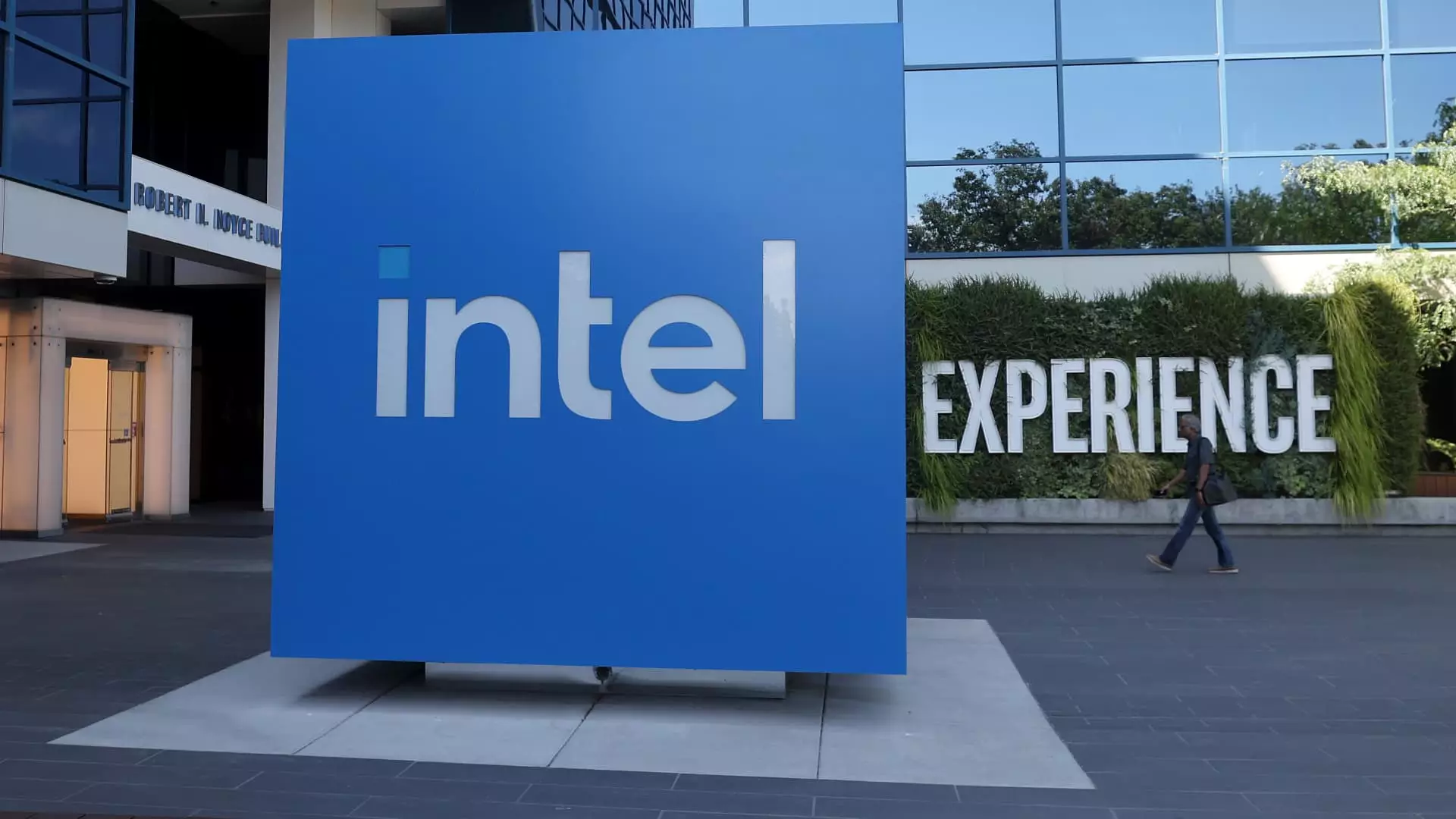In a surprising turn of events, Intel announced that three prominent members of its board of directors will not seek reelection this May. The departure of Omar Ishrak, Risa Lavizzo-Mourey, and Tsu-Jae King Liu raises eyebrows in the tech world, especially as the company grapples with significant market challenges and a staggering 49% drop in share price over the past year. This shake-up appears to be a deliberate move by Intel to reconfigure its governance in light of new leadership under CEO Lip-Bu Tan. While such changes are often heralded as innovative, they raise questions about the strategic direction and painful realities facing one of America’s most iconic semiconductor manufacturers.
Leadership Turnover: A Double-Edged Sword
Pat Gelsinger’s departure and Tan’s ascension were perhaps expected after Intel’s troubling fiscal performance, yet the reshuffle may cast a shadow over the company’s ability to innovate. Tan’s upcoming address marked “A New Intel” raises both hope and skepticism—a dualism characteristic of the tech sector’s relentless evolution. Yet, one cannot ignore the irony: as these three board members, with their diverse backgrounds and expertise, step back, the company now banks on a continuity of ideas that’s already under siege. This status quo could foster an echo chamber rather than the innovative disruption Intel desperately needs.
Market Share Crisis: The Elephant in the Room
The core of Intel’s woes lies in its diminishing market share, particularly in the booming field of artificial intelligence chips. While Tan prepares to unveil a revitalization plan aimed at recapturing lost ground, one must wonder whether the board’s restructuring is truly aligned with market demands. The dedicated focus on “skills and qualifications” is commendable, but can it compete against a landscape increasingly dominated by nimble firms that can pivot and adapt much more quickly? The struggle of legacy giants like Intel illustrates a central tenet of modern business: adaptability is no longer optional.
Pandering to Shareholders or Genuine Change?
Intel’s board chair, Frank Yeary, is optimistic about the future, pledging to undertake an “honest assessment” of the business. However, one can’t help but question whether this newfound commitment to transparency is genuine or merely a strategic front to pacify nervous shareholders. Investors have a right to expect more than just platitudes; they want action that leads to real, measurable improvements. The pressure is mounting, and while it’s easy to be swept up in the rhetoric of transformation, an actual return on investment is what will ultimately dictate the company’s future.
These conundrums expose a glaring need for not just new leadership, but revolutionary thinking within Intel. The moves may appear sound on paper, yet the reality is what will determine if these changes ignite a turnaround or merely serve as a bandage over deep-seated issues. The stakes couldn’t be higher for Intel and all who are attached to its legacy.

